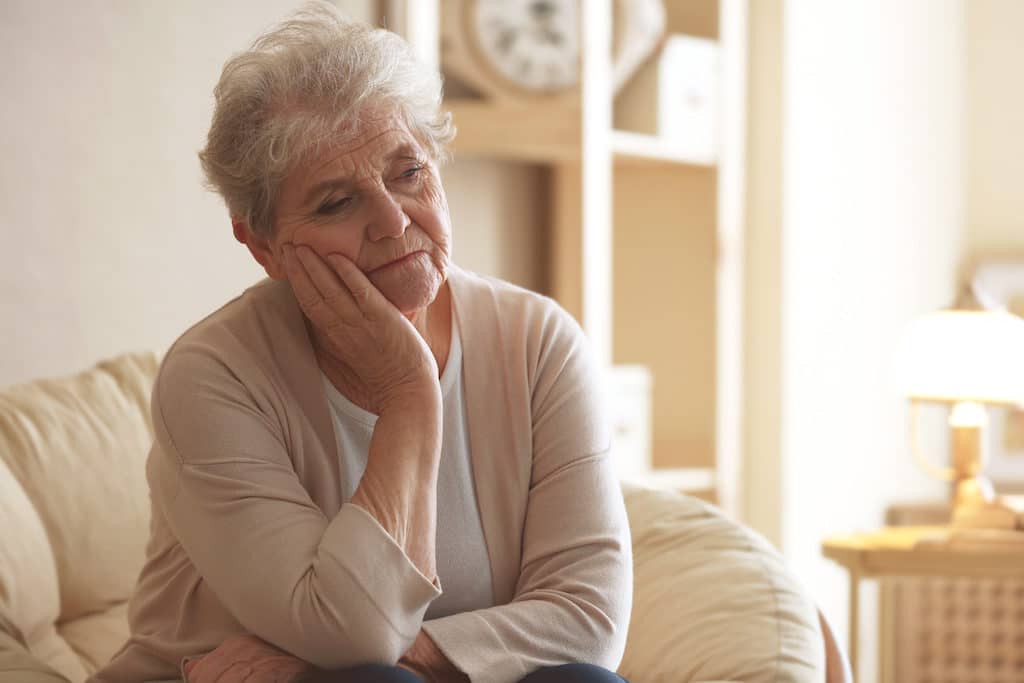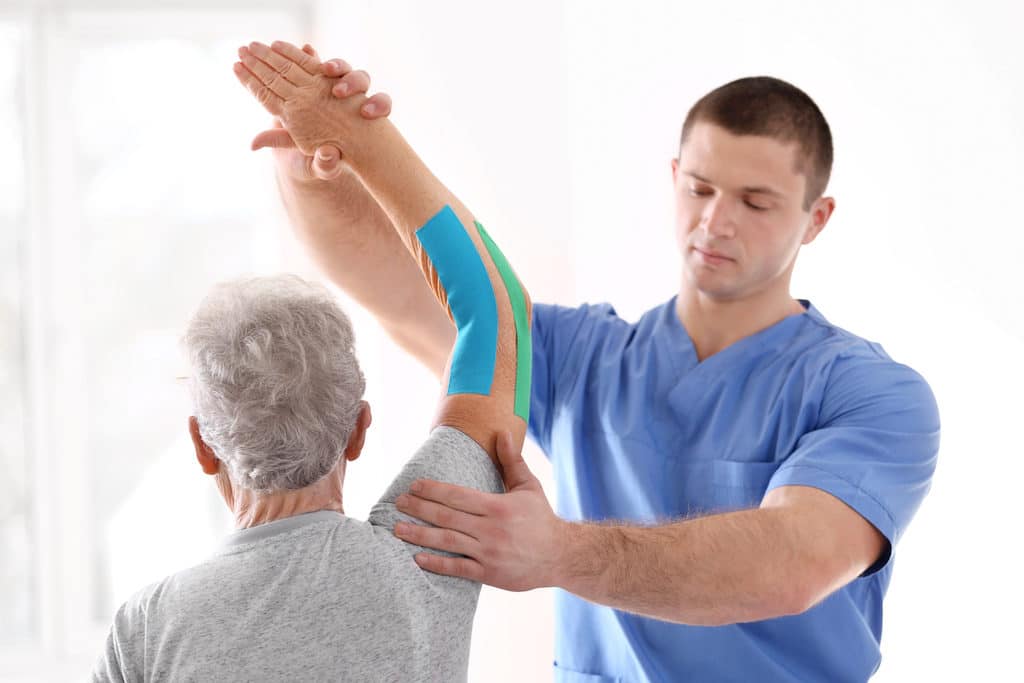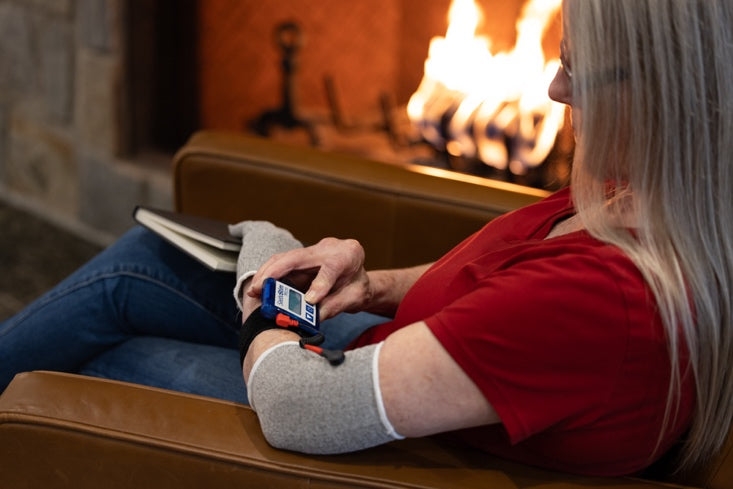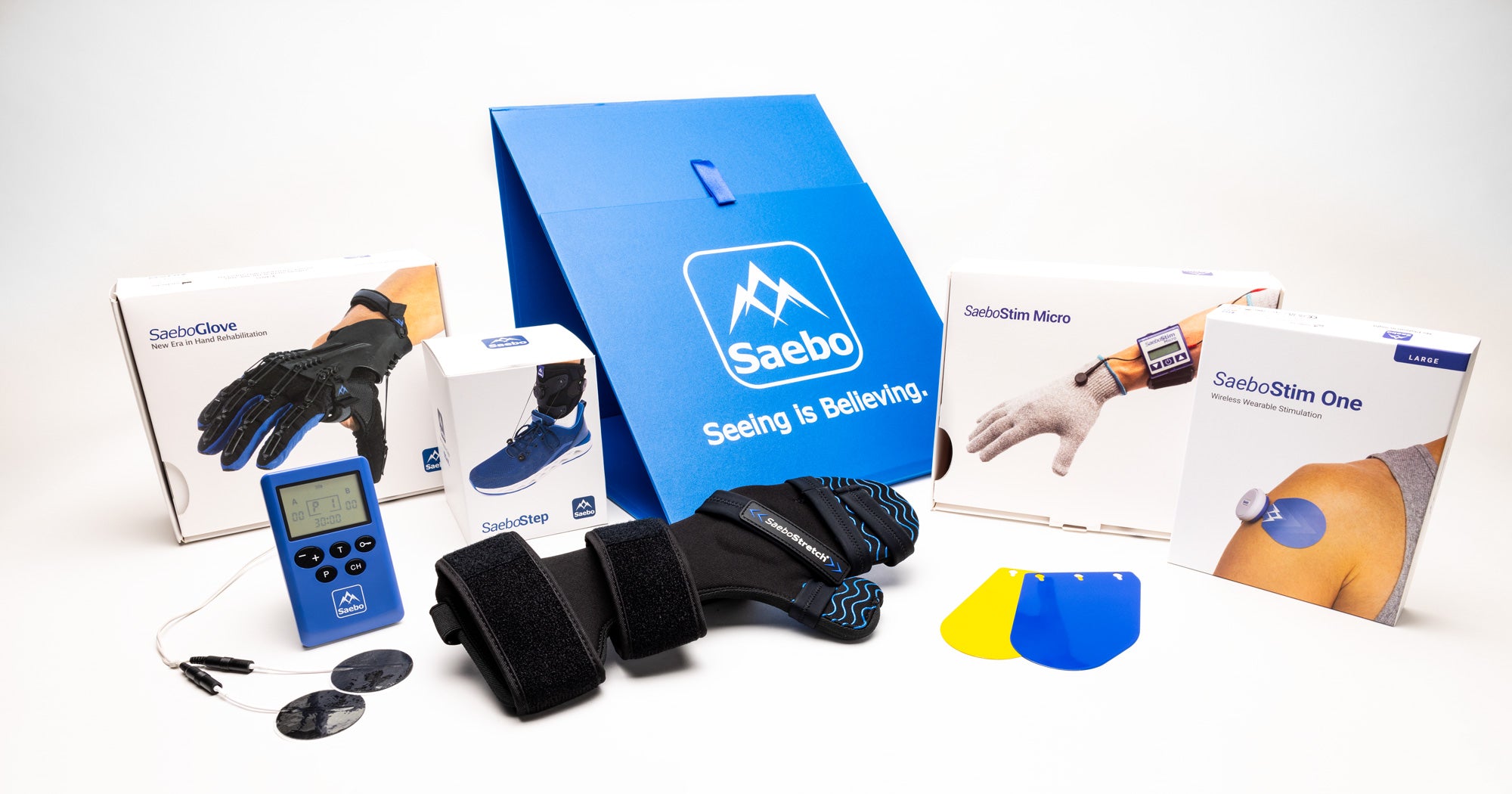How to Stay Motivated During Stroke Recovery

The path to stroke recovery can feel endless and full of obstacles to overcome. While recovering from a stroke is certainly possible, it takes hard work and dedication from the patient to keep up with their rehabilitation. It is common to feel helpless and out of control when experiencing an enormous life change such as a stroke, so staying motivated and dedicated to recovery can be incredibly difficult.
Motivation is an important part of stroke recovery. If a stroke survivor is not feeling motivated, keeping up with their exercise and rehabilitation will be a challenge. Motivation during stroke recovery doesn’t just come from within; it comes from the people around the stroke survivor. If you are a loved one or caregiver to a stroke survivor, it is important to understand the role of motivation in stroke recovery and the challenges that can get in the way.
Challenges of Staying Motivated During Stroke Recovery
There are many reasons a stroke survivor can struggle to find motivation after their stroke. Two big ones are apathy and depression. In a 2012 study, it was found that 34.6 percent of stroke patients suffered from post-stroke apathy, which is similar in number to the 33 percent of stroke survivors who experience post-stroke depression.
Apathy is a loss of motivation, concern, interest, and emotional response after a stroke. Stroke survivors who experience apathy may lose interest in interacting with their environment, their social life, and have been shown to have reduced cognitive function.
While the connection between apathy and stroke rehabilitation is still being studied, it is clear that apathy does reduce a stroke survivor’s motivation, which could lead to a decreased participation in therapy. While there is no pharmacological cure for apathy, being aware of a stroke survivor’s apathy is important to adapt rehabilitation to help them thrive.
Depression is another barrier to staying motivated for stroke recovery that affects many stroke survivors. While feeling sad after a major life event like a stroke is a normal response, depression includes feelings of hopelessness and sadness that don’t go away. Depression may make it difficult for a survivor to find the motivation to work hard during rehabilitation.
If you or a loved one is experiencing depression, seek help from a medical professional immediately. Severe depression is a serious medical condition, and there are treatments that can help.
How to Help Stroke Survivors Stay Motivated
When it comes to stroke recovery, motivation can be the difference between a successful recovery and a lifetime of physical impairments. Below are a several ways you can help a stroke survivor stay motivated during their recovery.
1. Set Relevant and Achievable Goals

Goal setting is a powerful way to help motivate stroke survivors. A clearly defined path to a long-term goal (with small goals along the way) gives them something positive to focus on and a mission to strive for. It is important to work with a therapist to make sure all goals are realistic, so they can give the patient a strategy to achieve them.
Rather than only setting generic goals for stroke recovery, setting goals that are relevant specifically to that person is a great way to help motivate a stroke patient. Find out what their favorite hobby or interest was before their stroke, and set goals that fit with them. If they used to play piano, maybe being able to play a chord with their affected hand can give them some extra motivation. If they loved to paint, holding a paintbrush again could be a small goal.
2. Address Emotional Challenges

If the stroke survivor is suffering from depression, apathy, or other emotional changes, they may find it difficult to get motivated for their rehabilitation. There are lots of options for psychological services that can help a stroke survivor move forward and regain their feelings of control and hope. Your general practitioner can help determine the appropriate service.
3. Share Information

One reason a stroke survivor may struggle to be motivated for stroke rehabilitation is their own lack of understanding about the process. If they truly do not understand the consequences of not committing to their rehabilitation (and the potential benefits of committing to it), they may simply choose not to apply all of their effort. By making it clear to a stroke patient why each exercise is important, and how it could affect their life if they don’t make any rehabilitation gains, you can inspire them to work harder. They just need to understand how it benefits them.
4. Keep a Routine

Having a consistent routine helps build motivation over time. Contrary to what you might expect, motivation often comes after starting a new routine, not before. Think about going for a run. The hardest part is actually getting yourself to start running. Once you’re already doing it it is much easier to finish.
By starting a routine, you are providing yourself with an automatic way to begin a positive behavior. Once you are started, you may find it much easier to be motivated to continue. If a stroke survivor can start a routine with their rehabilitation, it makes staying motivated to follow through with it much easier.
Stay Motivated
No one motivation technique is going to work for everyone. Different people are motivated by different things. Either way, it is important for stroke survivors and their occupational therapists to find what motivates them so that they have the best chance of enjoying a successful recovery.
All content provided on this blog is for informational purposes only and is not intended to be a substitute for professional medical advice, diagnosis, or treatment. Always seek the advice of your physician or other qualified health providers with any questions you may have regarding a medical condition. If you think you may have a medical emergency, call your doctor or 911 immediately. Reliance on any information provided by the Saebo website is solely at your own risk.



